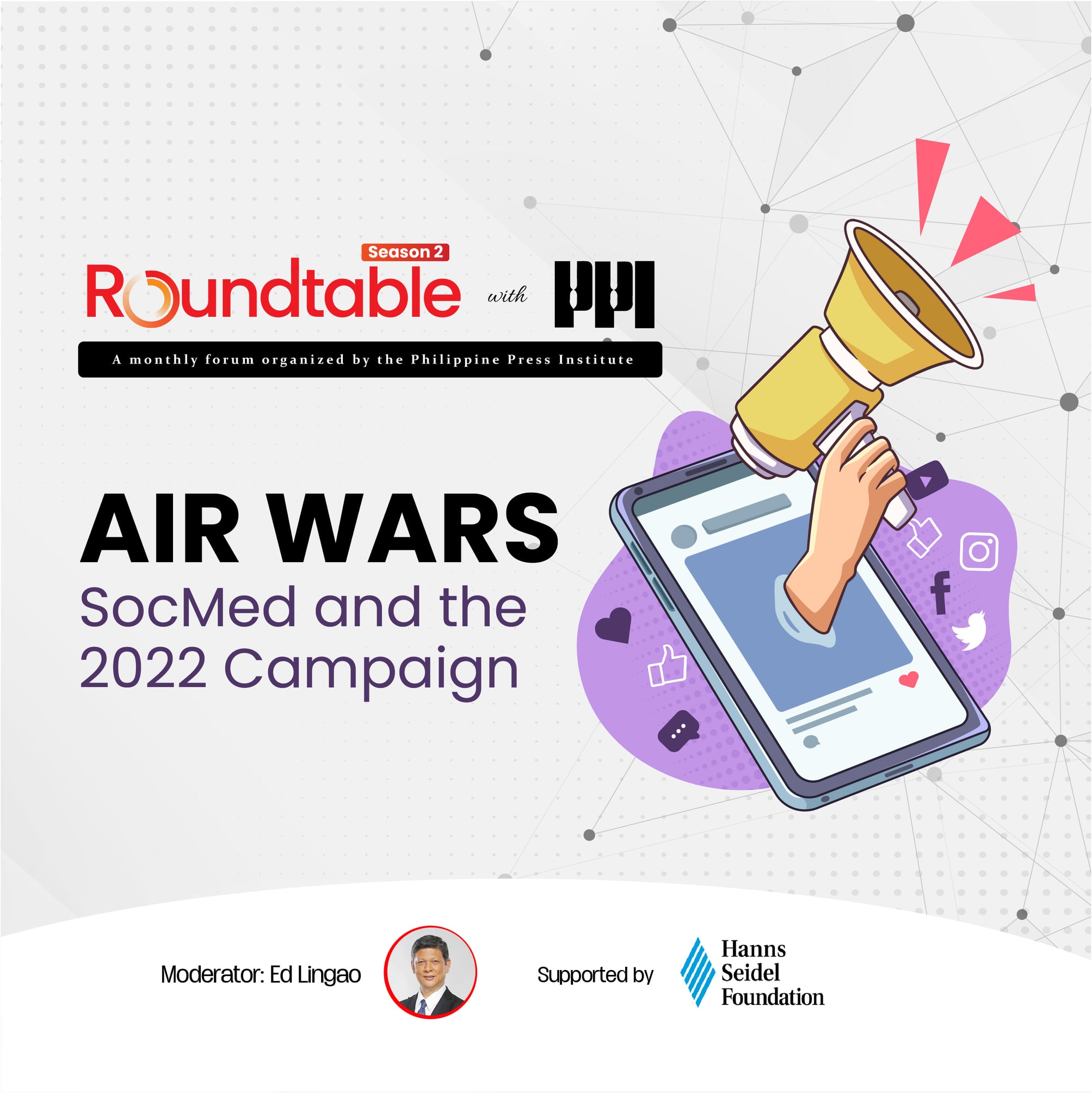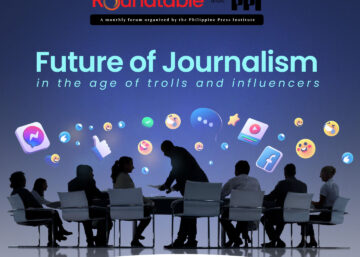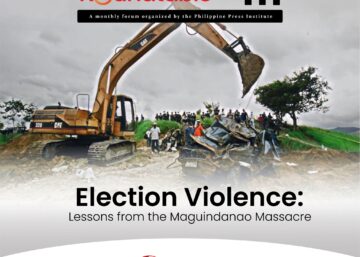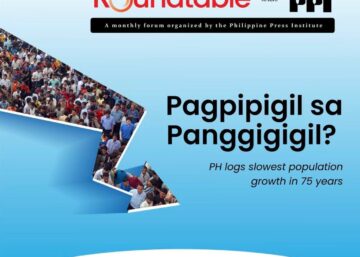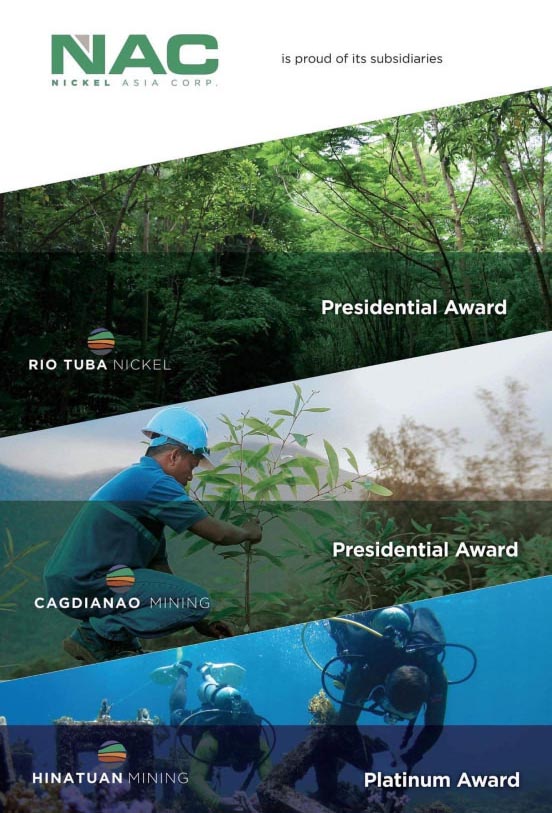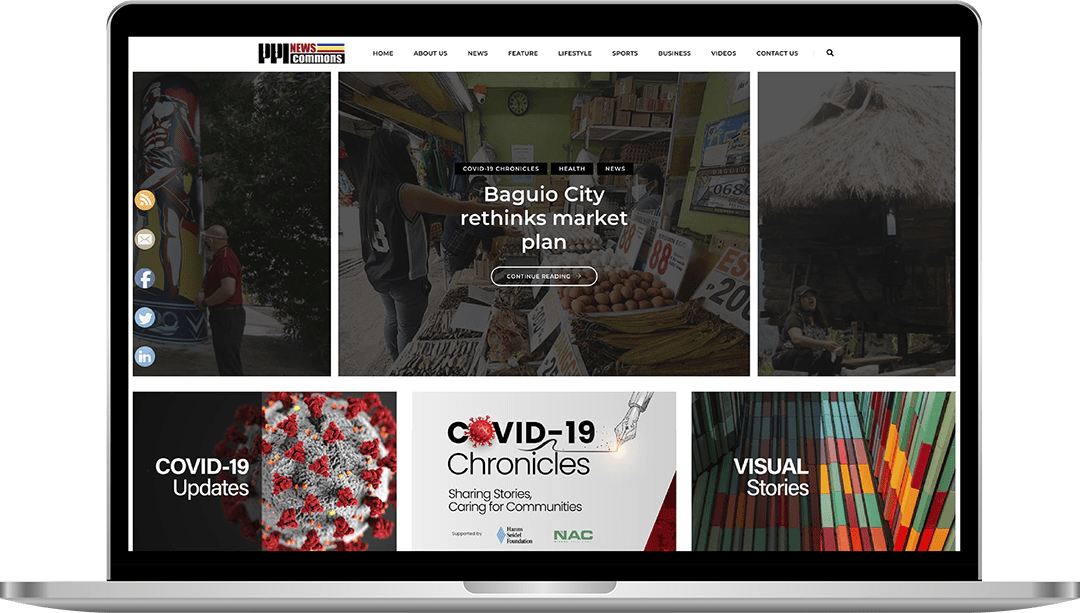Political analysts are concerned over the increasing dependence of Filipinos on social media influencers, saying they are already taking over the roles of both mainstream media and political parties.
This consensus emerged among a political scientist and two veteran political strategists during a roundtable discussion sponsored by the Philippine Press Institute on “The Air Wars: Social Media and the 2022 Elections.”
“There is a new breed of opinion peddlers and bloggers, ang social media influencers, and ngayon sila ang nag dodominate sa politika and elections,” said ust political science department chairman professor Dennis Coronacion. Coronacion is also president of the Philippine Political Science Association.
“May adverse impact yan sa ating democracy. One adverse impact we are witnessing is the continued decline of political parties,” Coronacion said.
In truth, Phlippine political parties have long been mere fronts for political clans and personalities.
There were failed attempts in the last decade to pass party reform measures that would penalize turncoatism or party-switching, and institute a ban on political dynasties. There were even proposals for state funding for political parties to level the playing field for the smaller parties.
But Coronacion worries that the increasing dependence on social media is triggering a regression that will only further erode political parties as an institution.
“Ang bagong (political) wards ngayon, hindi na galing sa mga political machineries on the ground. As time goes by, nagiging less relevant ang local political leaders,” Coronacion said.
The weakening of the party system is best amplified by the presidential race of 2022. None of the presidential candidates are running under any of the major political parties; with a few exceptions, almost all of them are running under parties that were either newly created, or newly resuscitated only for the 2022 elections.
“Ang bagong ward leaders ngayon, yung mga nag mimicro-messaging, yung mga influencers,” said Ronald Llamas, former presidential adviser on political affairs of the late president Benigno Aquino III. Llamas is now a political strategist who advises several candidates for 2022.
Before the advent of social media, political parties relied on ward or community leaders to gather support for a certain platform or candidate.
These days, llamas said, people are more likely to listen to their favorite influencers on Facebook or Tiktok than to their former ward leaders.
Media is facing the same problem, says veteran journalist and author Earl Parreno. More and more people are retreating to their private echo chambers on social media, where they listen only to their own set of influencers, Parreno said.
“Wala na ang editor who will vet your story,” Parreno said. “maski sino, pwede na. It’s now quad-media, not tri-media, and it’s predominated by social media.”
Llamas says this now poses a challenge both for media and the political parties as institutions of democracy. Llamas says both institutions have to scale up “both in form and substance” or “these bloggers and influencers will fill in the vacuum.”
“it’s a challenge sa inyong lahat to scale up,” Llamas said. “you have to evolve or become like the dinosaurs.”
